Creating, Enhancing and Transforming Territorial/Landscape Identity and Place Attachment – The European Perspective
Based on the experience in cooperation with Landscape Geographers and Human Geographers, the members of Landscape Research Group (LRG) and Territorial Identities and Development Research Centre (ITDRC), I invited geographers who deal with territorial/landscape identity and place attachment to participate in this project. The invited lecturers represent various research universities located in Eastern (Babeş-Bolyai University in Romania), Central (University of Vienna in Austria) and Western Europe (Bielefeld University in Germany), as well as, in Scandinavian (Swedish University of Agricultural Sciences in Sweden, University of Tartu in Estonia) and Mediterranean Regions (Sapienza University in Italy, Girona University in Spain, University of Lisbon in Portugal). The profiles of the Invited Speakers (in alphabetic order) are presented below. In total, I have planned eight lectures that will be held remotely. To increase the audience, the planned series of lectures will be spread on the Zoom platform.
 Tiziana BANINI
Tiziana BANINI
Tiziana Banini is Full Professor of Geography at Sapienza University of Rome. Her main research interests are in territorial identities, cultural heritage, environmental issues and sustainability. She has been National Coordinator of the Research Group "Territorial Identity" of A.Ge.I. (Association of Italian Geographers). On the topic of Territorial Identity, she has co-organized many national and international conferences. She is member of the Board of Directors of the Italian Geographic Society, Member of the Latium Regional Commission for Mineral and Thermal Waters, and the Scientific Committee of many journals and series, including the Bullettin de la Société Géographique de Liege, and TID – Territorial Identity and Development. She is the Editor in Chief of the Book Series “Luoghi. Collana di Studi Interdisciplinari” (Places. Series of Interdisciplinary Studies) for the Edizioni Nuova Cultura (Rome). She was awarded as a Member of the Honorary Advisory Board of the Project HerQ: "Heritage Story Telling. Quality Interpretation", EU Lifelong Learning Programme.
Tiziana Banini was principal Investigator of over 10 research projects She received her last grant in 2021, from the Italian Ministry of Culture (Euro 81,000), with the project “MAESTRI – Museo virtuAlE dei Saperi e delle Tecniche popolaRI” (MASTERS - Virtual Museum of Popular Knowledge and Techniques), on behalf of the Italian Geographic Society. She has participated to over 40 local, national and international research groups, including 4 PRIN (Italian Research Project of Relevant National Interest), the UNESCO MED-HDP Program "Mediterranean Human Dimension of Global Environmental Change", the Italian National Research Council Project "Cultural Heritage", the World Health Organization "Healthy Cities" Program.
Her biometric data: Hirsh Index – 2 and Citation index – 19
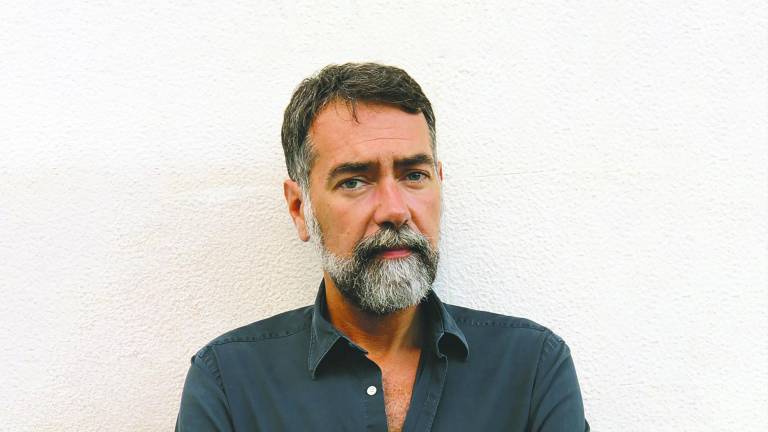 Eduardo BRITO-HENRIQUES
Eduardo BRITO-HENRIQUES
Eduardo Brito-Henriques is Associate Professor at the Institute of Geography and Spatial Planning of the University of Lisbon (IGOT-ULisboa) and Integrated Researcher at the Center for Geographical Studies, where he is the Head of the Research Group on Tourism, Heritage and Space (TERRITUR). He holds a PhD in Human Geography. His research activity, although mostly focused on critical tourism geographies for a long time, also covers fields such as the politics of heritage and the politics and policies of urban regeneration. The new cultural landscapes of late capitalism have been a growing concern in his more recent research.
Eduardo Brito-Henriques has also relevant experience in public policies and planning. He was part of the group that produced the technical studies for the first Portuguese National Program of Spatial Planning Policies. He was appointed as president of the Commission for the Regional Coordination and Development of Lisbon and Tagus Valley and manager of the Lisbon Operational Program in 2012-14. During the exercise of these functions, he coordinated the preparation of the first Lisbon Region’s RIS3 and participated in the preparation of the Portugal 2020 Partnership Agreement and in its negotiation with European Commission. His works have been published in prestigious peer-reviewed international journals such as Cities, Cultural Geographies, Urban Geography, Journal of Tourism and Cultural Change, European Urban and Regional Studies, EURE—Journal of Latin American Urban and Regional Studies, GeoJournal, Geographische Rundschau, Finisterra—Revista Portuguesa de Geografia, and Geographia Polonica.
His biometric data: Hirsh Index – 5 and Citation index – 79.
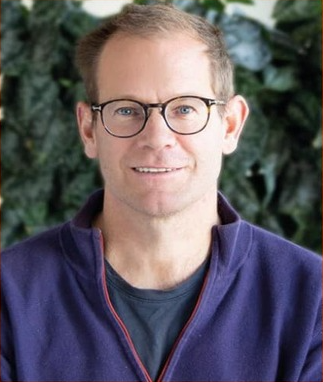 Andrew BUTLER
Andrew BUTLER
Andrew Butler is Associate Professor in Landscape Planning based at the Swedish University of Agricultural Sciences (SLU), Ultuna. He holds a PhD in Landscape planning from SLU and a Masters in Landscape Architecture from Leeds Metropolitan University (UK). Over the past eight years he has examined the impact of dramatic landscape change on landscape connections. His empirical focus has been on large forest fires in Sweden. These extreme cases have allowed him to examine how landscape identities are created, disrupted and recreated in the everyday landscape. His work also draw on the relevance of spatial identity for developing and maintaining well- being. His recent studies have engaged with how the indigenous Sami reindeer herding communities are affected by forest fires. His work with the Sami, which will be the cornerstone of his presentation, further questions what landscape identity could be.
Andrew Butler has published and presented widely on the subject of landscape identity and wellbeing. His publications include theoretical development, empirical explorations, as well as literature overviews on these topics. He has also presented on the topic as an invited scholar and participated in research projects: ReaD-Fire – Researching and decolonising: Forest fires and indigenous landscape relations (2020-2024), Funding body: Swedish Research Council for Sustainable Development (Formas); Forest fire and Indigenous landscape Identity (2020–2021), Funding body: Landscape Research Group; Landscape and Wellbeing (2019), Funding body: SLU Future animal, health and nature platform; Landscape up in Smoke. Landscape identity after a forest fire (2015–2018), Funding body: Formas.
His biometric data: Hirsh Index – 7 and Citation index – 189.
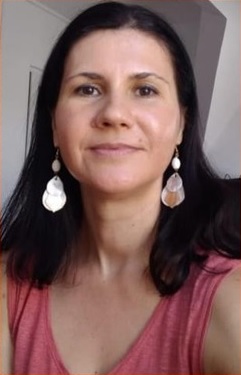 Oana-Ramona ILOVAN
Oana-Ramona ILOVAN
Oana-Ramona Ilovan is Associate Professor at the Faculty of Geography, Babeş-Bolyai University in Cluj-Napoca, Romania. Since 2020 she is the Director of Territorial Identities and Development Research Centre (at Babeş-Bolyai University, Faculty of Geography). She is also the Editor in chief of the Territorial Identity and Development (TID). Her fields of competence are as follows: regional and cultural geography (cultural landscapes, representations, perceptions), qualitative research methods in regional geography, territorial identity, territorial planning and development, rural and urban development. In years 2020-2021 Oana-Ramona Ilovan conducted her teaching and research activities at the Faculty of Mathematics and Natural Sciences, Humboldt- Universität zu Berlin, Germany. In 2020 at the Babeș-Bolyai University Cluj-Napoca (Institute of Advanced Studies in Science and Technology) Oana-Ramona Ilovan completed STAR-UBB internal advanced fellowship, with the projects, won through competition: 1) Urban Bioregions. The Role of ICT in Environmental, Social and Economic Development, and 2) Intelligent Collaboration Practices and Urban Regeneration in Cluj-Napoca (projects of research development-innovation). In 2019, she was a Visiting professor at the Department of Civil and Environmental Engineering and Architecture, University of Cagliari, Italy; position won through competition, with the project titled Development of Innovative Regional Planning Models between Urban and Rural Strategies.
Oana-Ramona Ilovan published 3 books: 3 (single author: 2; co-author: 1), 20 chapters in books, and 143 scientific articles. In addition, she coordinated publishing of 25 volumes.
Her biometric data: Hirsh Index – 9 and Citation index – 212.
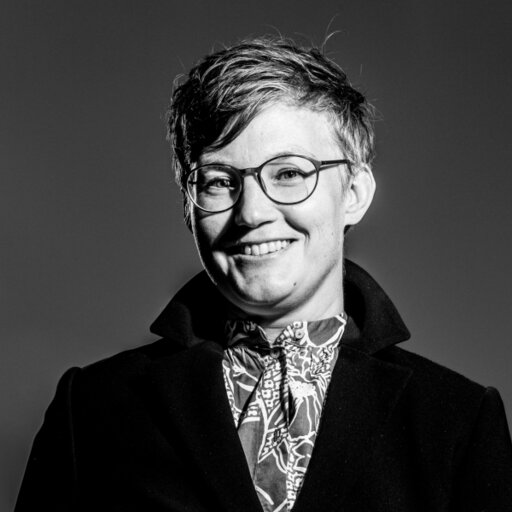 Anna-Lisa MŰLLER
Anna-Lisa MŰLLER
Anna-Lisa Müller is a social geographer and sociologist, currently working at the Institute for Interdisciplinary Research on Conflict & Violence (IKG) at Bielefeld University, Germany. In 2019, she habilitated at the Department of Geography, University of Bremen, Germany. In 2017, she was a Visiting Academic at the Department of Geography at Durham University, UK. During the summer term 2021, she held the Interim professorship on human geography of North America and urban geography at the University of Heidelberg, Germany. Her most recent book is Migration, Materialität und Identität (Steiner 2020), a monograph on international migrants’ ways of living at and between places. Her expertise in the field of place attachment, and territorial identity more broadly, stems from a year-long research project on highly-qualified international migrants and their modes of balancing between being locally and transnationally attached. Here, questions of territorial belonging played a key role for addressing the mobile lives of migrants who are simultaneously bound to their and their beloved ones’ respective places of residency. In her current research, Anna-Lisa Müller sheds light on the spatial dimension of social interactions and place attachment in postmigrant societies, highlighting the particular modes of place attachment in urban environments and place-related negotiations of belonging. Within these negotiations, questions of territorial belonging and spatial territorialisation are key.
Anna-Lisa Müller is principal investigator in the research project “Räume der Migrationsgesellschaft” (funded by the Federal Ministry for family Affairs, Senior Citizens, Women and Youth). She is also coordinator of the Standing Committee “Reflexivities in Migration Studies” within the International Migration Research Network IMISCOE and, together with PD Dr. Jeannine Wintzer (University of Bern), co-speaker of the working committee “Qualitative Methods in Geography”.
Her biometric data: Hirsh Index – 3 and Citation index – 23
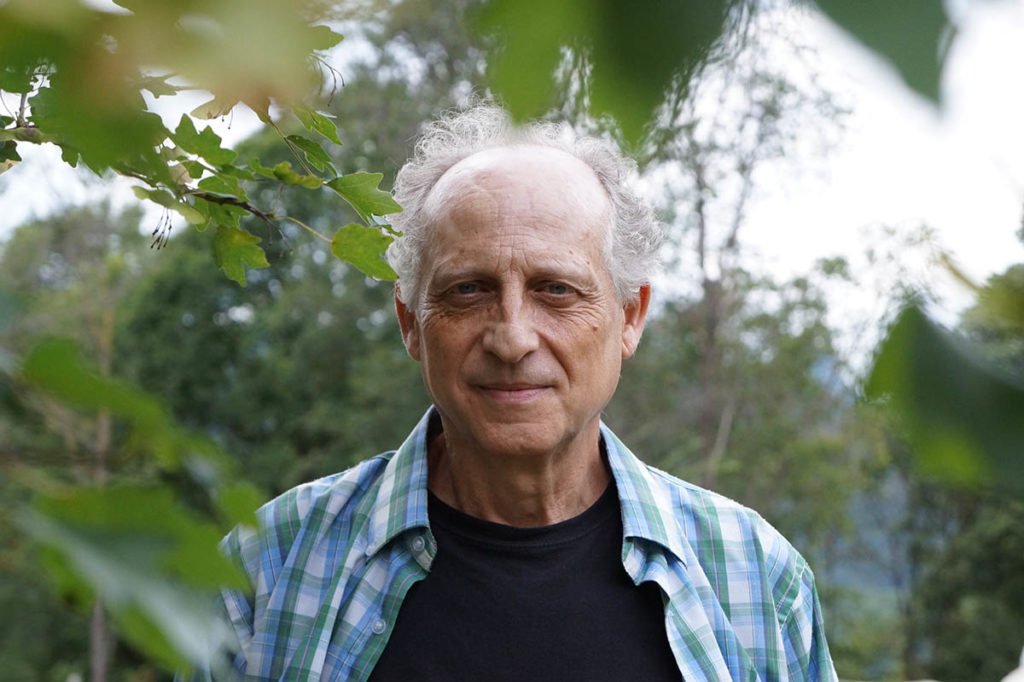 Joan NOGUÉ
Joan NOGUÉ
Joan Nogué is a professor of Human Geography at the University of Girona (Catalonia) and founder and director of the Landscape Observatory of Catalonia during the period 2005-2017. His two lines of research are geographic thought and landscape theory and practice. His last three books on these topics are Paesaggio, territorio, società civile. Il senso del luogo nel contemporaneo (Melfi: Libria, 2017), published in Italy, Yi-Fu Tuan. El arte de la geografia (Barcelona: Icaria, 2018), and L’altre món rural. Reflexions i experiències de la nova ruralitat catalana (Barcelona: Tigre de Paper, 2022; with Rosa Cerarols). Some of his books have been translated into languages such as Brazilian Portuguese (2004, Geopolitics, Identity, and Globalization, with Joan Vicente), Chinese (2009, Nationalism and Territory) or Italian (2009, Altri Paesaggi).
Joan Nogué has coordinated and edited the translation into Spanish of John B. Jackson’s book Discovering the Vernacular Landscape (2010), as well as Eric Dardel’s L’Homme et la terre. Nature de la réalité géographique (2013) and Yi-Fu Tuan’s Romantic Geography: In Search of the Sublime Landscape (2015). For many years, he was co-director of the journal Documents d’Anàlisi Geogràfica and he is currently the co-director of the new book collection “Paisaje y Teoría” published by Biblioteca Nueva (Madrid). He was awarded the Jaume I Prize for “Urbanism, Landscape and Sustainability” in 2009. He is a member of the Institute of Catalan Studies and of the Scientific Commitee of the Fondazione Benetton Studi Ricerche (Italy).
His biometric data: Hirsh Index – 10 and Citation index – 305
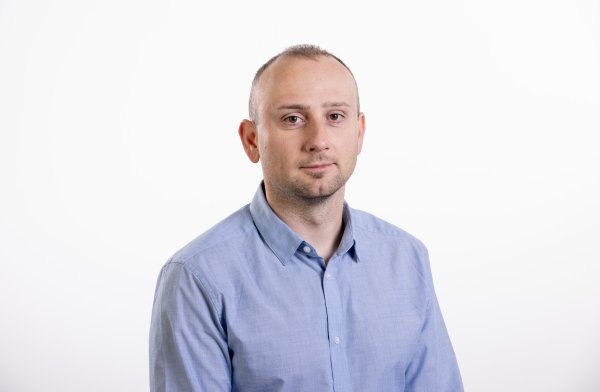 Ingmar PASTAK
Ingmar PASTAK
Ingmar Pastak (Ph.D.) is a Research Fellow of Human Geography in the Department of Geography at University of Tartu, Estonia. Ingmar Pastak has participated in several European Union-funded FP7 and Horizon 2020 research projects at the intersection of urban studies and human geography. His PhD research focuses on the residential and commercial aspects of gentrification of post-industrial neighbourhoods and displacement pressure caused by revitalisation and gentrification. His current research includes the place-making, identity and belonging, socio-spatial inequalities, spatial patterns of creative industries, smart city innovations, as well as youth inequalities in housing and labour market, spatial patterns and digitalisation of creative industries, and smart city innovations in housing sector.
Ingmar Pastak is also a representative of Estonian contact point ESPON (European Spatial Planning Observation Network) and one of the main coordinators of ESPON Transnational Outreach programme. His works have been published in prestigious peer-reviewed international journals, such as: InternationalJ of Urban and Regional Research, Tijdschrift voor economische en sociale geografie, Sociologický časopis / Czech Sociological Review.
His biometric data: Hirsh Index – 2 and Citation index – 17.
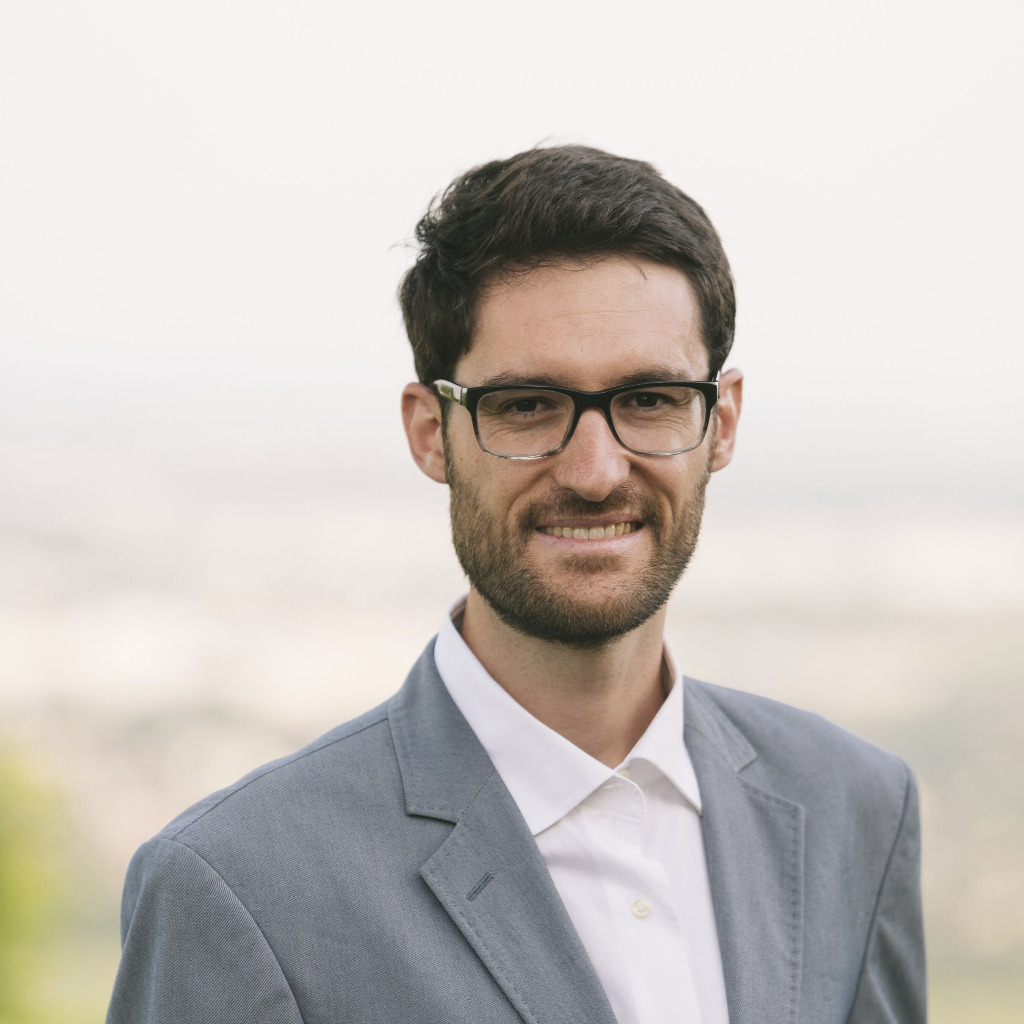 Alexis SANCHO REINOSO
Alexis SANCHO REINOSO
Alexis Sancho Reinoso is PhD in Geography, Spatial Planning and Environmental Management by the University of Barcelona (Catalonia, Spain). He is currently working at the Department of Social and Cultural Anthropology, University of Vienna, Austria.
Alexis Sancho Reinoso consolidated his interest in the spatial dimension of linguistics and toponymy in 2011, after having participated in the XXIV International Congress of Onomastic Sciences (ICOS). Together with Prof. Tort, Alexis Sancho Reinoso presented two papers: “Toponyms as landscape indicators” and “The landscape of Ribagorça (Catalona/Aragon, Spain). An analysis based on an examination of the region's place names”. Both papers focused on the relevance of spatial and historical dimensions of place names when interpreting landscapes. In 2016, he was invited by Prof. Peter Jordan, current vice-chairman of the ICOS and member of the United Nations Group of Experts on Geographical Names (UNGEGN), to participate in the international research project “The politics and poetics of toponymy, identity and place in multilingual areas. A comparative study of Carinthia (Austria) and the Těšín area (Czechia)”. He was involved in the different project components and conducted in-depth interviews and a questionnaire survey, as well as an analysis of the local linguistic landscape and a media analysis. The project results have been recently published by Palgrave McMillan. He is particularly interested in the role place names and their representation and signposting play in multilingual areas, where identity-related conflicts are frequent.
His biometric data: Hirsh Index – 1 and Citation index – 10